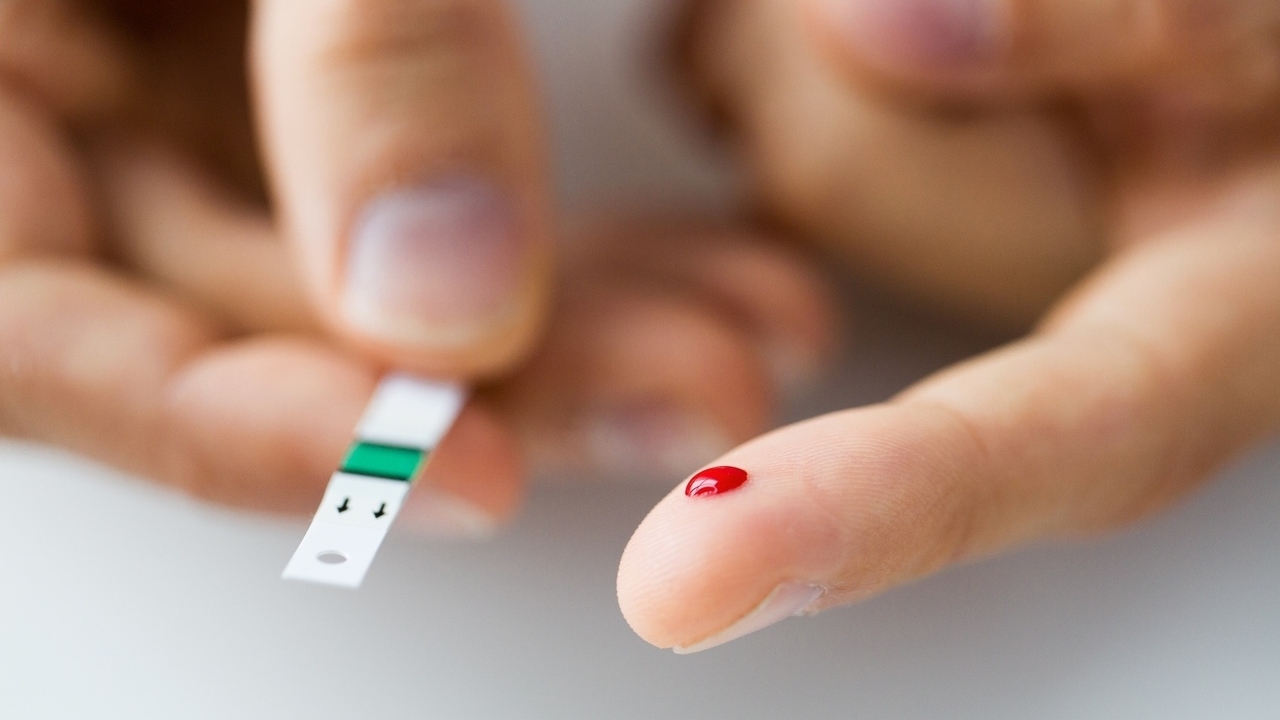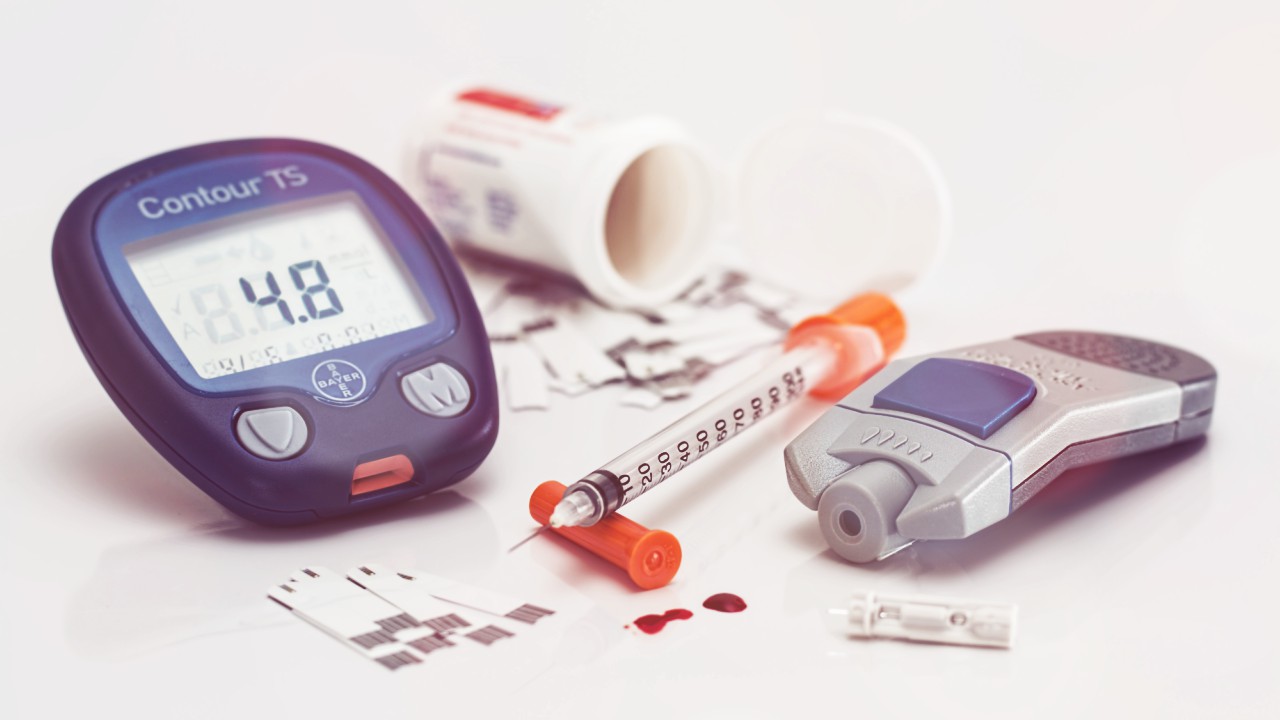According to recent studies, glaucoma affects 3 million people every year around the world. It is the leading cause of preventable blindness. Half of the people who have glaucoma do not know that they have it until much later. Ninety percent of 120,000 Americans every year are blinded by this disease (CBS Interactive Business Network).
Glaucoma is a group of diseases that leads to optic nerve damage and a loss of mainly peripheral vision. It is nicknamed "the sneaky thief of sight" since it does not present any initial symptoms. By the time a person comes to know about this disease a major amount of their vision is either lost or affected.
Glaucoma is a serious eye condition that results in an inability to drain fluid inside the eye properly, that in turn results in a build up of pressure in the eye damaging the optic nerve. Most common forms of glaucoma is not recognized, especially in diabetics, until it has advanced with significant vision loss (Glaucoma Research Foundation).
Glaucoma can develop in diabetics with retinopathy when new blood vessels can grow in the iris (the colored portion of the eye) which closes off the fluid flow in the eye, leading to increased eye pressure and optic nerve damage. Diabetics are twice as likely to develop some form of glaucoma unless high blood sugar is tightly controlled. Different types of glaucoma include:
1. Chronic open angle glaucoma
2. Normal tension or low tension glaucoma
3. Congenital or infantile glaucoma
4. Secondary open angle glaucoma
5. Pigmented glaucoma
6. Angle-closure glaucoma
Symptoms of advanced glaucoma include blurred vision, visual field loss, haziness, halos around lights ( in the morning), headache, nausea, vomiting, dark spots or floaters, pain in one or both eyes, pressure in the eyes, and peripheral vision loss. Optic nerve damage cannot be reversed unless the glaucoma is diagnosed early in stage. Even though vision loss from glaucoma cannot be reversed, damage can be controlled by using eye drops to lower intraocular pressure (medicinenet.com). Tight control of blood sugar, lowered blood pressure, and a dilated eye exam yearly are strongly recommended for people with diabetes in order to prevent glaucoma.
Risk factors for glaucoma include: being over 45 years, family history, diabetes, history of elevated intraocular pressure, near sightedness (increased degree of myopia), history of injury to the eye, and the use of any form of steroids in excessive amounts. It can develop at any age. People of African descent have the highest risk of developing glaucoma (one in 13). Glaucoma is four to six times more prevalent in blacks than whites. It often occurs early in age and results in blindness in the black population (CBS Interactive Business Network)
The American Academy of Ophthalmology recommendations for eye exams for glaucoma include:
1. 20 - 29 years of age--every 3 - 5 years.
20 - 29 years of age African descent with family history--once every 2 - 4 years.
2. 30 - 39 years of age--once every 2 - 4 years (African descent); others twice with the age.
3. 40 - 64 years of age--once every 2 - 4 years.
4. 65 year--once every 1 - 2 years.
Diagnosis of glaucoma is done with several different kinds of exams which include:
1. Tonometry - measuring firmness of eye surface.
2. Pachymetry - to determine the thickness of cornea.
3. Gonioscopy - contact lens with mirrors placed inside the eye to view the interior of the eye.
4. Ophthalomoscopy - hand held device to look directly through pupil to check optic nerve.
5. Visual field testing - to detect any early or late signs of glaucoma and damage to optic nerve.
Treatment for glaucoma includes eye drops to lower pressure of the fluid in the eye, laser surgery to reduce abnormal blood vessels on the iris and retinal surface, drainage implants, and medicines (Glaucoma Research Foundation). Glaucoma is a serious condition of the eye where vision loss is unavoidable. Early detection and prevention are extremely important. Maintaining blood sugar levels with proper diet, exercise, medications and regular visits to the eye specialists help prevent what is one the most important aspect of our lives because, OUR LIFE MATTERS.





Add a CommentComments
There are no comments yet. Be the first one and get the conversation started!